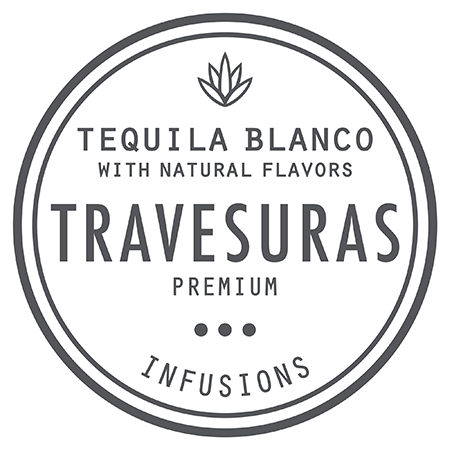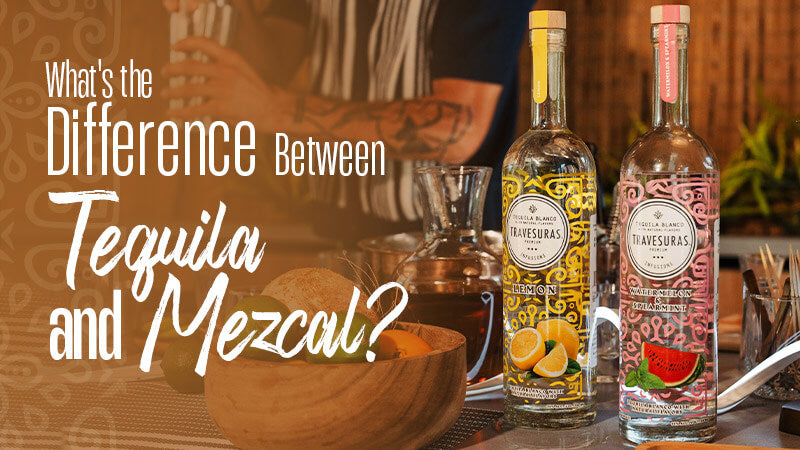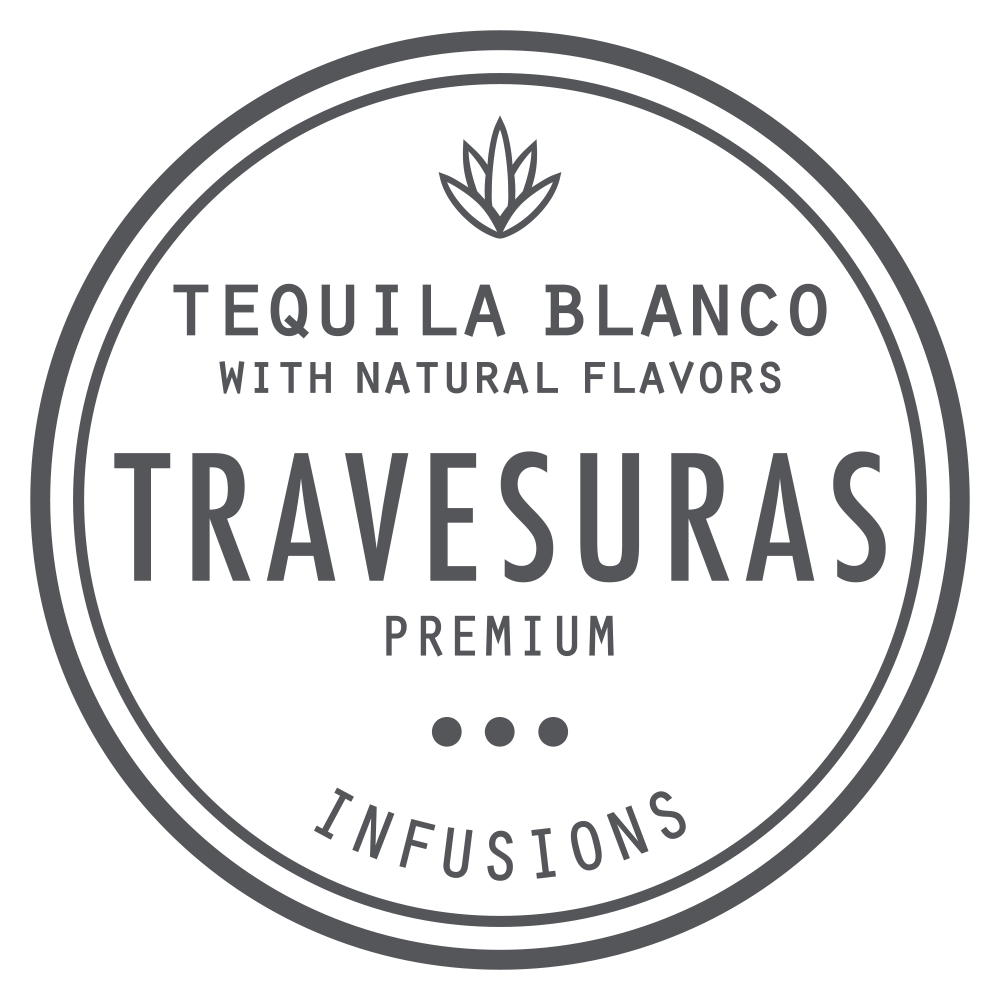Do you feel like there’s so much to learn when you have the drinks menu and the tequila section seems almost alien? You tell yourself, “I know what tequila is, but what’s blanco, añejo, or reposado?” Just as you are trying to decrypt the differences and are up for another Saturday night, you notice something new: mezcal! Now, what is this? Sit tight; we’ll walk you through it.
Differences Between Tequila and Mezcal
First off, all tequila is mezcal, but not all mezcal is tequila. Mezcal is any spirit made from agave plants, whereas tequila is a specific mezcal that only comes from blue Weber agave species. Just like bourbon is a kind of whiskey, tequila is a kind of mezcal. What makes tequila stand out is that mezcal can be produced from any agave plant, but tequila can only be made from blue Weber agave.
Both spirits are distilled from the sugars of agave piñas. Tequila feels smooth because it is produced by steaming the piñas in above-ground ovens. Mezcal is a result of the piñas roasted in wood-fired, rock-lined pits. Hence, its smoky flavor.
Tequila, with its distinct taste and natural infusions, became highly popular, leading to the industrialization of the spirit. Mezcal too is popular but does not quite have the reputation of its cousin tequila.

Tequila Varieties: Blanco, Reposado, and Añejo
Understanding tequila involves getting to know its different varieties. Blanco, or silver tequila, is unaged and bottled immediately after distillation. It has the purest agave flavor and is often used in cocktails. Reposado, meaning "rested," is aged in oak barrels for at least two months but less than a year. This aging process gives it a smooth flavor with a hint of oak. Añejo, or aged tequila, is aged for at least one year in oak barrels, resulting in a rich, complex flavor.
Infused tequila has become a popular choice for those who enjoy variety. Infused tequila combines the traditional spirit with natural flavors like fruit, herbs, and spices, offering a unique twist on a classic drink. One of the trending flavors is watermelon-infused tequila, which brings a refreshing and fruity taste to the tequila experience.
The Art of Mezcal Production
Mezcal production is an artisanal process, often carried out by small-scale producers in Mexico. The agave hearts, or piñas, are roasted in underground pits lined with volcanic rocks, imparting a smoky flavor that distinguishes mezcal from tequila. After roasting, the piñas are crushed, fermented, and distilled. Mezcal can be made from various types of agave, each contributing unique flavors and characteristics to the final product.
While tequila is primarily produced in Jalisco, mezcal production is more widespread, with Oaxaca being the most famous region. The diverse agave species used in mezcal production, combined with traditional methods, create a wide range of flavors and aromas.
Must Read: How to Take a Tequila Shot?
The Cultural Significance of Tequila and Mezcal
Tequila and mezcal are deeply rooted in Mexican culture and traditions. Tequila is often associated with celebrations and social gatherings, while mezcal is revered for its artisanal craftsmanship and connection to indigenous communities. Both spirits play a significant role in Mexican heritage, and their production processes are considered an art form.
Pairing and Enjoying Tequila and Mezcal
Tequila and mezcal can be enjoyed in various ways. Tequila is commonly consumed in shots, cocktails, or sipped slowly to savor its flavors. Popular tequila cocktails include the Margarita, Paloma, and Tequila Sunrise. Mezcal, on the other hand, is traditionally sipped neat to appreciate its complex flavors and smoky notes. It can also be used in cocktails like the Mezcal Mule or Mezcal Negroni.
When pairing tequila or mezcal with food, consider dishes that complement their unique flavors. Tequila pairs well with Mexican cuisine such as tacos, ceviche, and guacamole. Mezcal's smoky profile makes it an excellent match for grilled meats, roasted vegetables, and spicy dishes.
Choosing Between Tequila and Mezcal
Choosing between tequila and mezcal ultimately depends on personal preference. If you enjoy a smooth, versatile spirit with a clean agave flavor, tequila is a great choice. On the other hand, if you appreciate bold, smoky flavors and artisanal craftsmanship, mezcal might be more to your liking.
Both tequila and mezcal offer a wide range of options, from traditional varieties to infused flavors like watermelon-infused tequila. Experimenting with different brands and styles can help you discover your favorite way to enjoy these iconic Mexican spirits.
The Takeaway
In conclusion, while tequila and mezcal share similarities, their differences in production, flavor, and cultural significance make each spirit unique. Whether you're savoring a glass of aged añejo tequila or exploring the smoky depths of mezcal, understanding these distinctions enhances your appreciation for these remarkable beverages. So next time you're faced with a drinks menu, you'll confidently navigate the tequila and mezcal sections, knowing exactly what to expect from each sip.
Must Read: How is Tequila Different From Other Alcohol?
- View: 86
- Categories: Noticias


